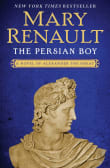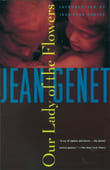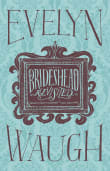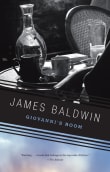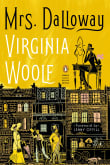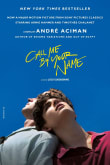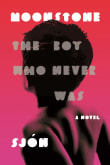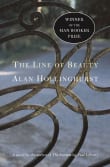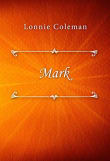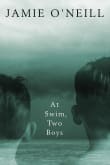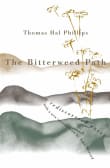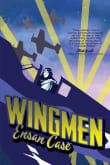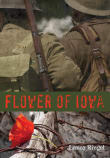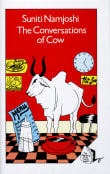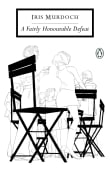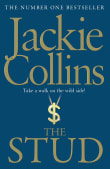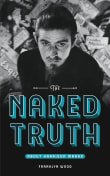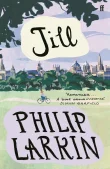Maurice
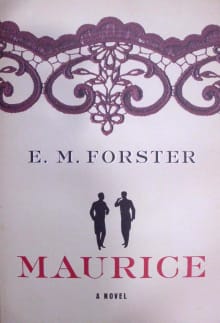
Book description
As Maurice Hall makes his way through a traditional English education, he projects an outer confidence that masks troubling questions about his own identity. Frustrated and unfulfilled, a product of the bourgeoisie he will grow to despise, he has difficulty acknowledging his nascent attraction to men.
At Cambridge he meets…
Why read it?
5 authors picked Maurice as one of their favorite books. Why do they recommend it?

This was only published way after Forster’s death–and I can quite see why: it would have whipped up a storm of unimaginable controversy with its story of homosexual love between two Cambridge students and then (steady yourself!) one of those students in later life and a rough-and-ready groundsman.
Forster wrote this in 1913/14, revised it in the 1930s and again in the 1950s, died in 1970, and Maurice finally appeared in 1971. So the book, which concerns hiding, was deeply hidden for over half a century. Forster is sentimental in terms of love and brutal in terms of fate.
Love…
From Benjamin's list on grappling with British eroticism.

Forster captures the loneliness and enforced celibacy many experienced when homosexuality was criminalized, and which I also experienced.
Forster had his first sexual experience at 37. His hero Maurice, like characters in many novels of the early twentieth century, tries therapy to change himself, and remains in a celibate relationship until his partner marries a woman. Maurice was published after Forster’s death, though it was written six decades earlier.
It inspired younger writers like Isherwood and was made into a great film with the young Hugh Grant as Maurice’s partner Clive. Forster’s statement that he would not have bothered to…
From Ruth's list on lesbian and gay literary fiction.

More than forty years lie between Forster’s beginning Maurice and its publication after his death.
I came to the novel already adoring Forster’s writing beyond anything. Clive, who is Maurice’s social equal and with whom Maurice is in love, will only love him as a friend though Maurice suffers, wanting intimacy.
When Maurice begins a love affair with the under-gamekeeper Scudder, it seems unlikely to work out because of the great class differences. Breaking the class barrier was almost as heinous as same-sex love. How much we root for the lonely Maurice and his proud yet insecure under-gamekeeper lover!
There…
From Stephanie's list on cherished historical LGBTQ love stories on my shelf.
If you love Maurice...

From the moment this novel was published, a year after Forster’s death (no coincidence, that), the Literary Powers That Be decreed that Maurice was, at best, a decidedly minor work from the celebrated writer of Howards End. Don’t believe it, or the homophobia that colors that judgment. The evocation of pre-Great War England is every bit as compelling as in the author’s more famous books. Here it serves to depict the stifling nature of life for those who could not conform to the prevailing mores. The most compelling moment comes when the novel’s key relationship is belatedly introduced through…
From Lance's list on gay male historical romances grounded in time.

The first gay novel that moved me to weep and allowed me to embrace myself as a hopeless romantic, Forster’s tale of manners, homophobia, and longing set in early 20th century England is a treasure. The story moves briskly, and the writing is assured, but it is the journey of the title character and his ultimate illicit affair with under-gamekeeper Alec Scutter that gives the novel its heart. A great read for everyone, but particularly for the younger LGBTQ set so they can glimpse the lengths their gay ancestors went to (let alone the risks!) to find happiness. Once…
From Scott's list on LGBTQ with lush prose and rich settings.
Want books like Maurice?
Our community of 12,000+ authors has personally recommended 100 books like Maurice.

